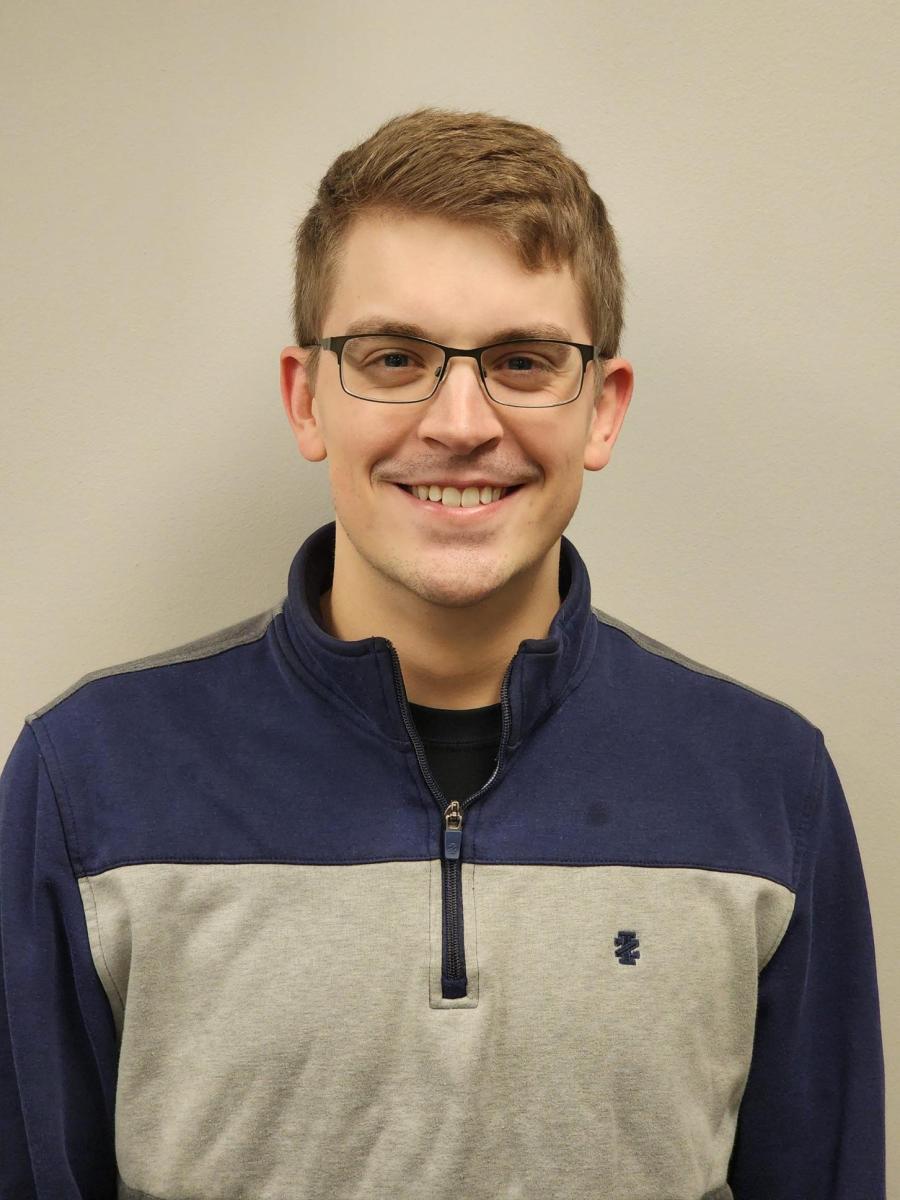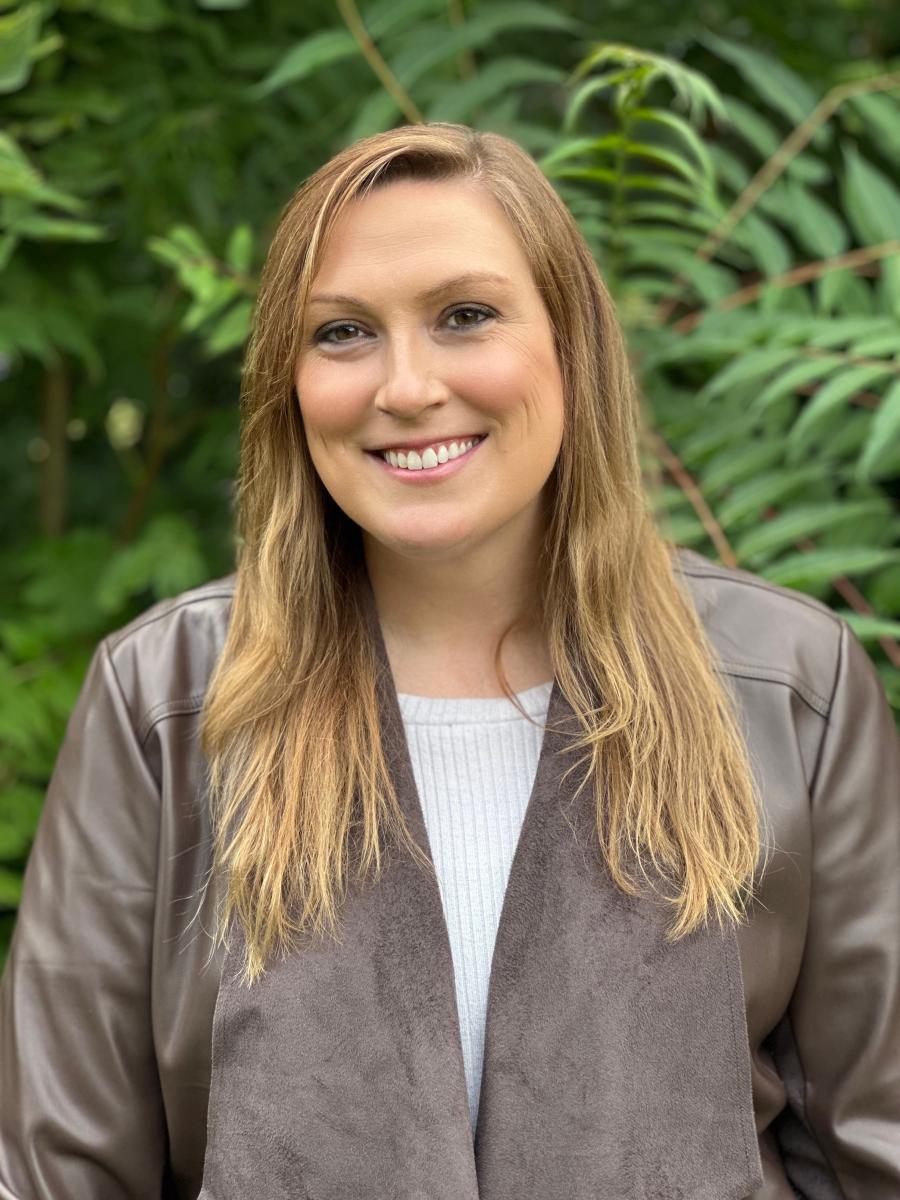The Department of Political Science at the University of Nebraska-Lincoln is pleased to announce its current job candidates.
Graduates of this department reflect UNL’s unique integration of learning, teaching, and research. The department requires a wide breadth of coursework across three subfields of political science, giving our students a broad knowledge base. Students are required to teach at least one course—most of our students teach multiple courses. Our students also frequently publish with faculty members, and many have published solo pieces by the time they are on the job market.
Thank you for your interest in our graduate program.
Dr. Ingrid Haas, Graduate Chair

Daniel Schaub
Research and Teaching Interests: International Relations and American Politics, with special emphasis on human rights
Dissertation Title: The Impacts of Salience Hate Crimes on Societal Views Toward the LGBTQ+ Community
Dissertation Chair: Dr. Courtney Hillebrecht
About Me: I was raised in Nebraska, and I attended UNL as an undergrad, majoring in Political Science and minoring in Philosophy, before joining the Political Science program as a graduate student. My research interests focus primarily on human rights - specifically I study LGBTQ+ rights and the pursuit of equality by these oftentimes marginalized individuals. The research I conduct relates to the rehumanization of the LGBTQ+ community - meaning, how can issues surrounding the LGBTQ+ community be talked about or brought to light in a manner that encourages positive shifts in public support for this vulnerable population. I believe that political science exists in a unique position where the results of scholarship can be implemented to have genuine, positive impacts upon peoples' lives. I plan to use the skills developed in graduate school to help me pursue a career in LGBTQ+ advocacy. As a researcher, I have been taught in the use of various statistical analysis mediums including SPSS and STATA, as well as the quantitative and qualitative methodological tools associated with their use. As an instructor of record, I have headed political theory courses, a class on state terror, a course on national security, in addition to a plethora of international relations teaching assistantship positions.

Makayla Wendland
Research and Teaching Interests: International Relations, Terrorism, Conflict, International Security, Methods, Conflict Resolution, Violent Extremism, Comparative Politics, National Security, Militant Groups, Foreign Policy, Public Policy
Dissertation Title: Splitting to Survive, Fight or Ally: Understanding Terrorist Organizational Splintering
Dissertation Chair: Dr. Ross Miller
About me: I am a fifth-year Ph.D. candidate in the Department of Political Science at the University of Nebraska-Lincoln, with an expected graduation date of May 2025. My dissertation explores why some splinter terrorist groups are highly violent, capable, and durable, while others are not. To explain the contrasting – and at times contradictory – explanations of splinter behavior in existing scholarship, I argue that the type of splinter affects many key outcomes of interest in the broader terrorism framework. Using a new, innovative, theory-based typology on terrorist group splintering and an original dataset, my results reconcile competing findings about terrorist group splinters’ behavior. More broadly, I study how international and organizational politics affect terrorist group behavior—including how groups break apart, why groups interact, and what are the consequences of terrorism in the broader context of conflict. To assess my theories, my research employs original datasets, geocoding and spatial analysis, survey experiments, and policy-relevant case studies. I have a strong record of teaching and served as instructor of record in courses on national and human security, and women and politics. I also served as teaching assistant for a wide range of political sciences courses, including biology and politics, and introduction to international relations. I approach each course with three main objectives that reflect my teaching philosophy: sharpening critical thinking and communication skills; merging theory with practice through classroom exercises, real-world examples, and innovative assignments; and encouraging and facilitating student engagement.